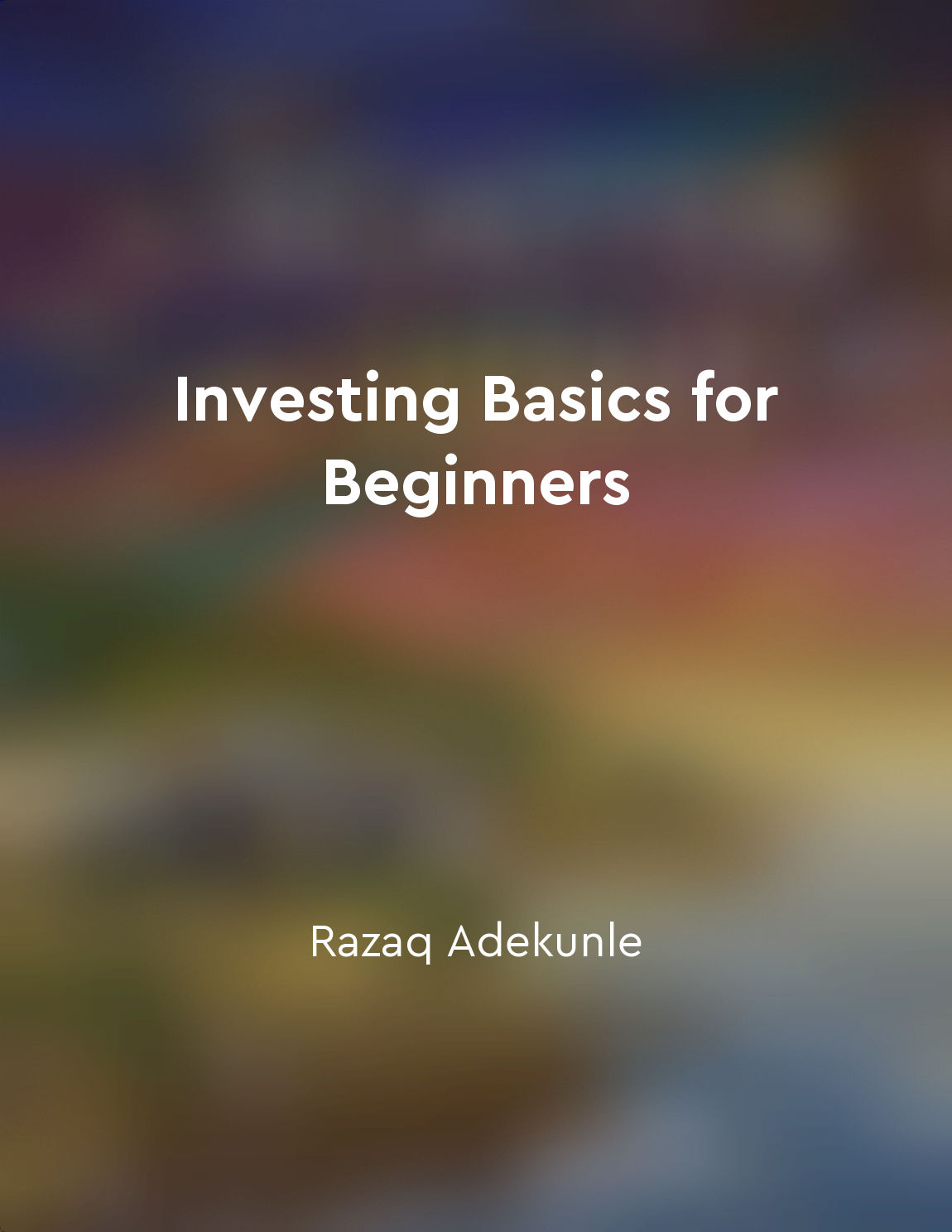Loss aversion is a key concept in behavioral finance from "summary" of Advances in Behavioral Finance by Richard H. Thaler
Loss aversion, a central concept in behavioral finance, refers to the idea that individuals feel the pain of losses more intensely than the pleasure of equivalent gains. This phenomenon has profound implications for financial decision-making, as it suggests that people are inherently biased towards avoiding losses rather than seeking out gains. This aversion to losses can lead to irrational behavior, such as holding on to losing investments in the hope that they will eventually turn around, even when it would be more rational to cut one's losses and move on. One of the key insights of loss aversion is that it can lead to a reluctance to take risks, as individuals are more concerned with avoiding losses than with maximizing gains. This can result in suboptimal investment decisions, as people may be overly conservative in their choices in order to protect against the possibility of losses. For example, individuals may be more likely to hold onto low-risk, low-return investments rather than taking a chance on higher-risk, higher-return opportunities, even if the latter would be a better choice from a purely rational perspective. Loss aversion can also lead to what is known as the "sunk cost fallacy," where individuals continue to invest time, money, or effort into a losing proposition simply because they have already committed resources to it. This can result in a failure to cut one's losses and move on to better opportunities, as individuals are reluctant to admit that they have made a mistake and would rather try to salvage what they can from a losing investment.- Loss aversion is a powerful psychological bias that can have significant effects on financial decision-making. By understanding this concept and its implications, investors and financial professionals can work to counteract its effects and make more rational, informed choices when it comes to managing their money.
Similar Posts

Pay yourself first
The first step to building wealth is to automatically save a portion of your income before spending it on anything else. This c...
Financial markets are driven by supply and demand dynamics
Financial markets are dynamic, complex systems where prices are determined by the interplay of supply and demand. At the heart ...
Surround yourself with likeminded investors
To improve your investing success, it is crucial to surround yourself with like-minded investors. This means surrounding yourse...

Longterm thinking is essential for financial success
Long-term thinking is crucial when it comes to achieving financial success. Many people are focused on short-term gains and qui...

Develop a longterm investment strategy
Developing a long-term investment strategy is crucial for achieving financial success in the world of investing. This strategy ...
Remember that financial success is a journey that requires patience and discipline
Financial success is not something that happens overnight. It is a journey that requires time, patience, and discipline. Like a...
The dynamic interplay between psychology and economics
The relationship between psychology and economics is a fascinating one. While economics is often seen as a rational and logical...

Our financial goals should be aligned with our values and priorities
Our values and priorities shape the decisions we make in every aspect of our lives, including our finances. When it comes to se...

Invest in yourself and your skills
Investing in yourself and your skills is crucial if you want to achieve financial success. Many people make the mistake of only...
Developing a longterm investment mindset
To succeed in investing, you must cultivate a mindset that focuses on the long term. This means looking beyond short-term gains...

